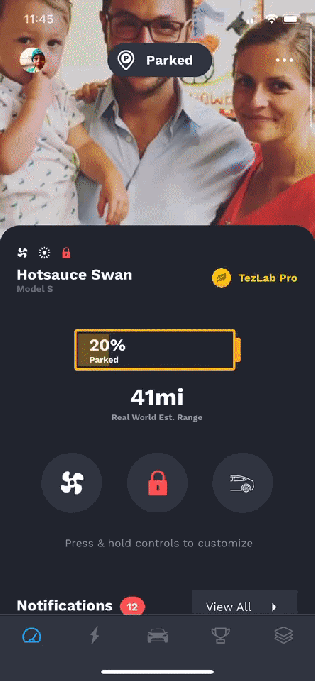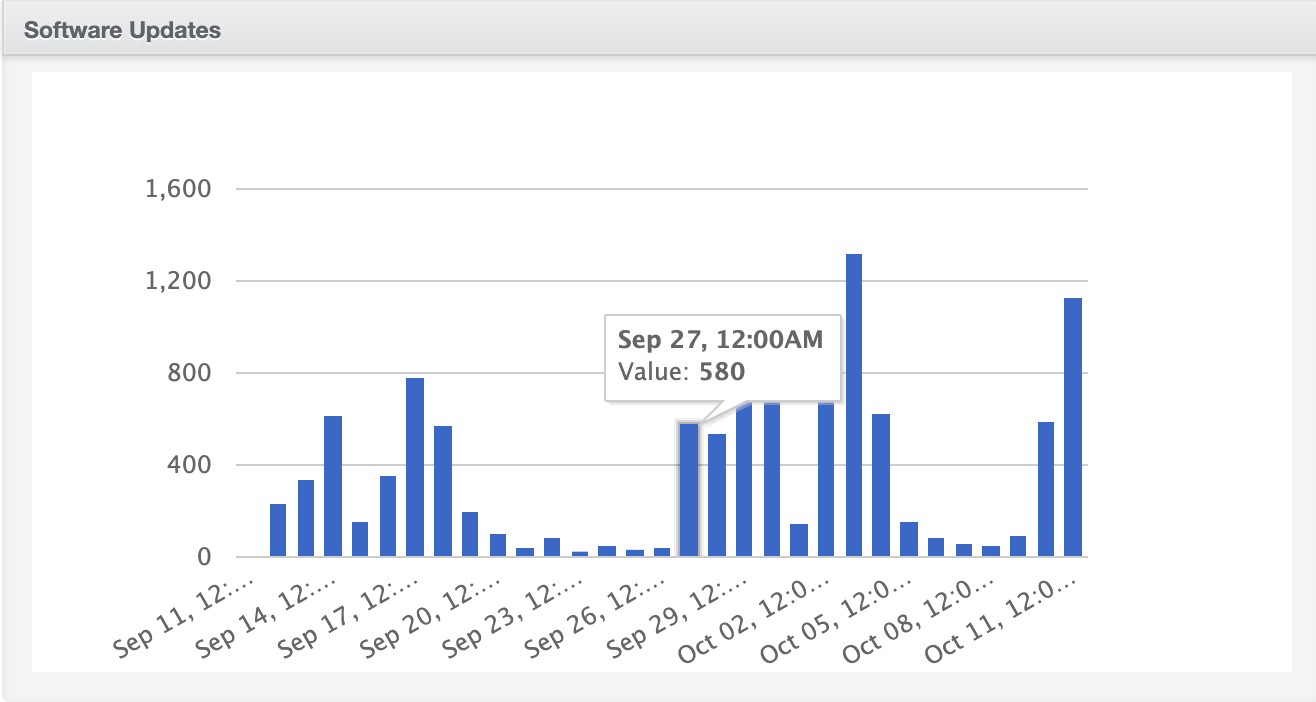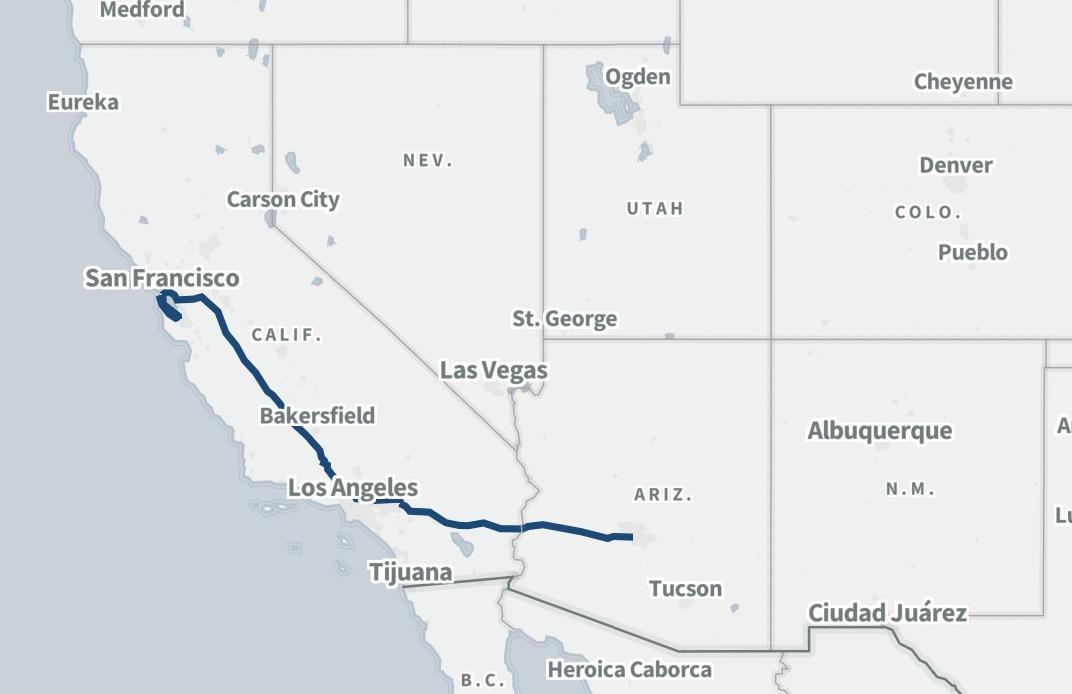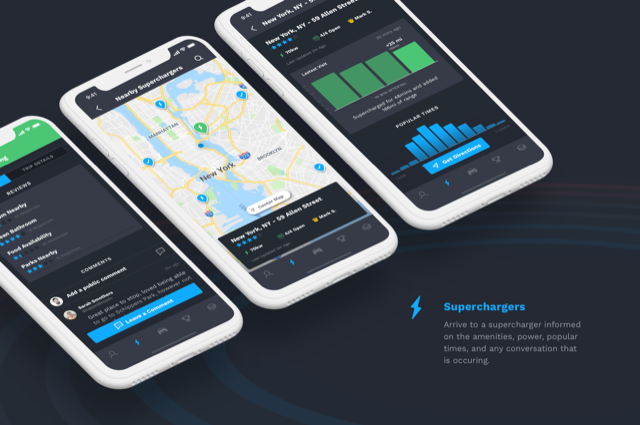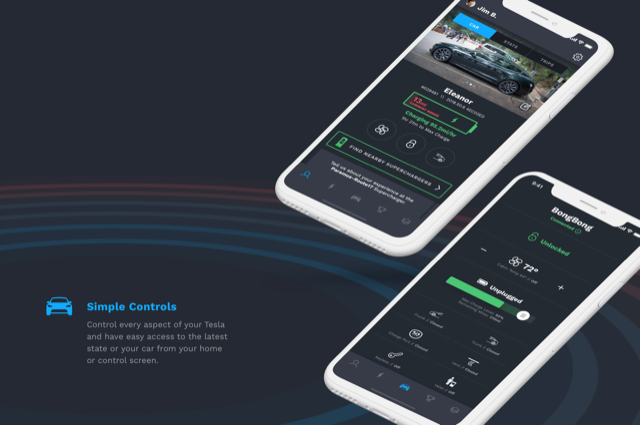M&A and consolidation continue to be major themes in the tech world as companies look for their next steps in a tight market. That’s a trend impacting not just startups and larger tech companies, but the firms that work closely with them.
In the latest development, HappyFunCorp — a product engineering house that designs and builds apps and more for the likes of Apple, Disney, Amazon and Twitter — is getting acquired by Canadian firm Tiny for $30 million.
Tiny is based out of Canada and is publicly traded there with a current market cap of around $500 million. HappyFunCorp is being acquired with a mix of shares and cash and will continue to operate independently out of Brooklyn, New York, where it was founded, said Ben Schippers, co-founder and co-CEO, in an interview.
It will also work closer with Tiny, which has built a tidy business out of quietly scooping up companies that — if you could put a description around it — largely focus on providing an array of front and back-end design and product services for tech companies and internet-based businesses.
Other acquisitions in the Tiny stable include e-commerce technology player WeCommerce; Dribbble, an online community for designers to share work and pick up new work; and Flow for task and project management. The co-founder of Tiny is Andrew Wilkinson, who is also the co-founder of MetaLab, an interface design company that is also part of Tiny.
Together with HappyFunCorp the companies work behind the scenes with some of the most well-known names in tech — companies that do a lot of major work in house, but also — maybe with a little less fanfare — also turn to third parties to build out products that are typically outside of the normal course of an organisation’s workflow and thus a distraction and strain were they to be developed, maintained and updated internally, at least while they’re getting off the ground (or while the company’s watching to see if they can get off the ground).
Customers for the combined Tiny organisation range from a long tail covering tens of thousands of smaller online businesses, through to building some significant apps and other work for some of the biggest names in tech such as Amazon, Facebook/Meta, Twitter, Disney, Samsung and Apple.
Some of the most successful of those projects actually cover both of those ends of the spectrum. One anecdote that has stuck in my memory for years is that MetaLab turned a struggling startup’s rough concept into an app that blew up beyond, seemingly, anyone’s wildest predictions: that app was Slack.
HappyFunCorp was founded in 2009, and in the last 14 years it’s racked up its own very long list of big-name customers. Similar to the other companies in the Tiny stable, it’s up to now been bootstrapped and profitable. Revenues in 2022 were $12 million and it’s on track for more growth this year, Schippers said. He, along with current co-CEO Holly Zappa and COO Robb Chen-Ware, will stay on to run the company post-acquisition.
(Note: TezLab, a popular third-party Tesla application that was incubated at HappyFunCorp, is being spun out as an independent company with this acquisition.)
Tiny’s acquisition of HappyFunCorp is significant not just because it’s another example of the consolidation that continues to change the shape of today’s technology landscape; but because it shines a light on a group of companies in the tech ecosystem that are likely to be taking an even more prominent role in the coming years.
Companies continue to trim their workforces — with hundreds of thousands of layoffs in the last year — and they’re also trimming their budgets to meet the current state of the market. And new developments in areas like AI create a lot of variables and unknowns around the corner in both of those departments.
Yet those companies still have their eye on future growth and, to that end, want to continue developing new products and concepts to meet demand and to create new demand. Tiny’s bet is that this pull and push will drive more business into its arms over time.
The profile of companies like this has definitely changed over the last decade, Schippers said.
“Eight, nine years ago we did all this work and we didn’t talk about it,” he said in reference to some of its higher-profile projects, including some ambitious projects of Twitter’s. “Now the pendulum is swinging.”
Cost consolidation, he added, will additionally drive a lot of companies to a “near shore” model focussing on R&D not in New York or Vancouver (where MetaLab and Tiny have operations), but economies like Costa Rica and elsewhere in Latin America “where work can be done at a fraction of the cost,” he said. “Full stop that is where the market is going.”
Tiny acquires HappyFunCorp, the prolific firm that’s built apps for Twitter, Amazon and more, for $30M by Ingrid Lunden originally published on TechCrunch


